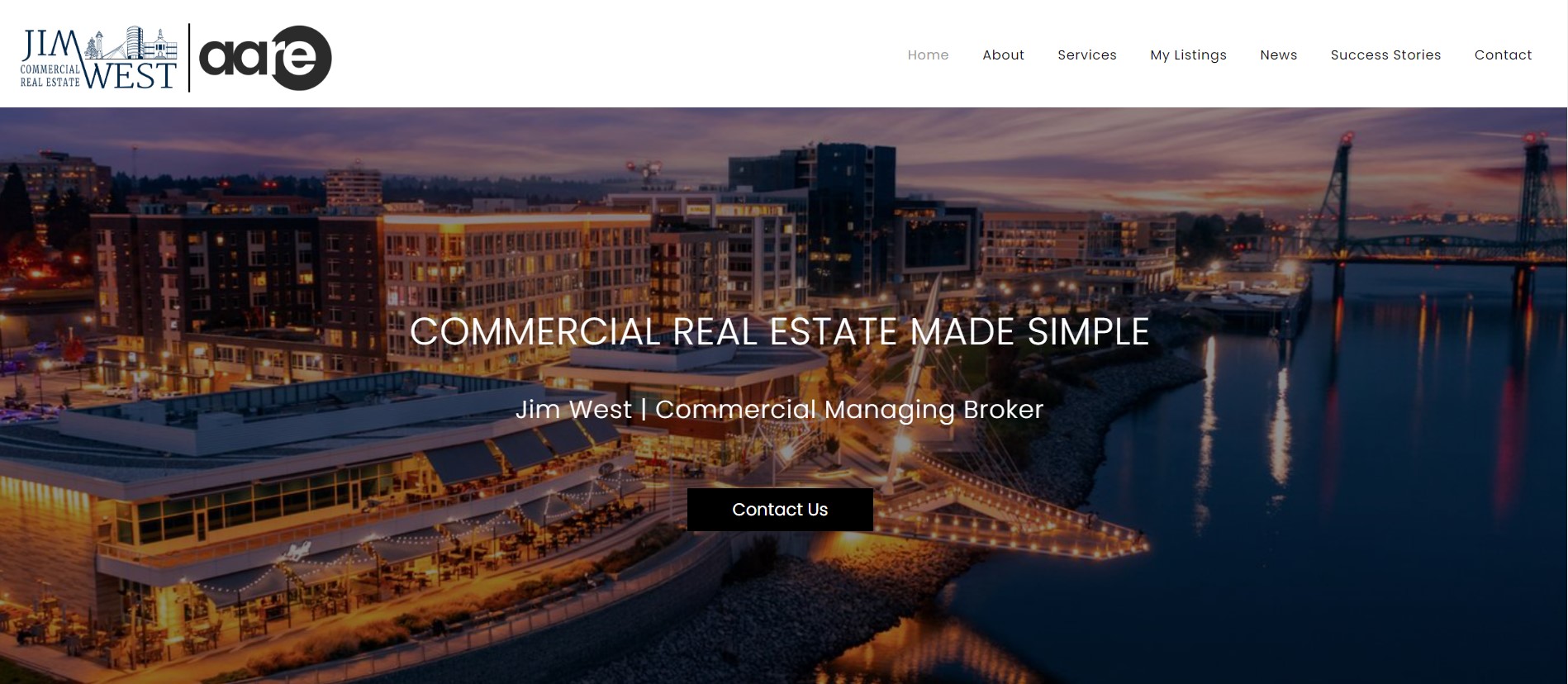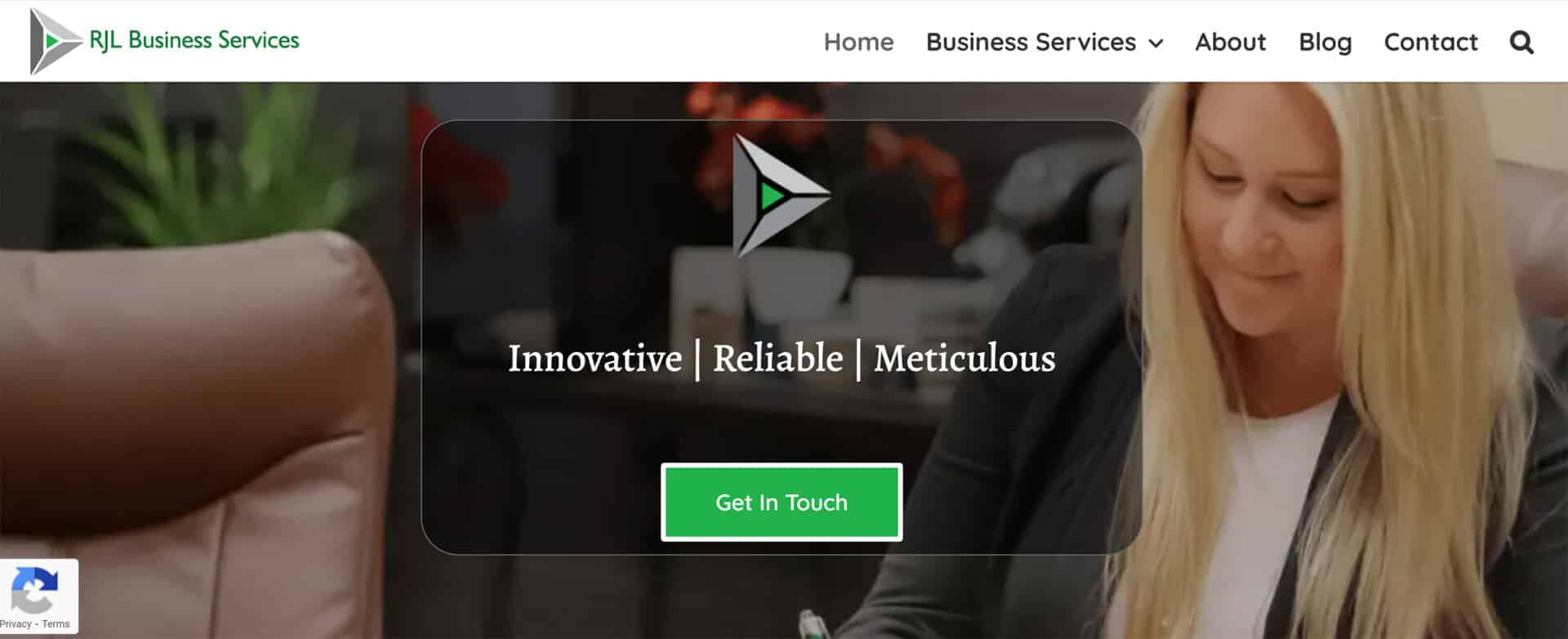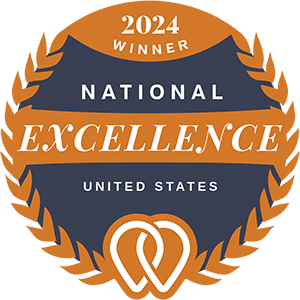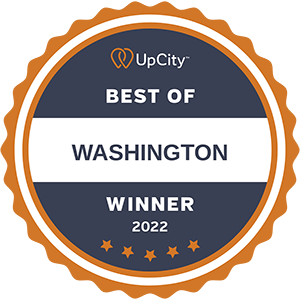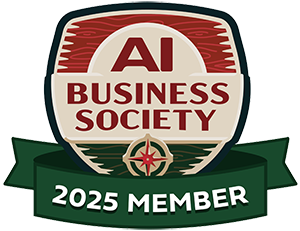Understanding Online Marketing: The Modern Yellow Pages for Your Business
In today’s digital era, online, digital, and social marketing have become essential practices for promoting your business and reaching a broader audience. These marketing strategies focus on leveraging the internet’s power to gain more customers, followers, and brand awareness.
What is Online Marketing?
Online marketing encompasses various tactics and techniques for promoting products or services over the Internet. It includes activities such as search engine optimization (SEO), pay-per-click (PPC) advertising, content marketing, email marketing, and more. The primary goal is to attract potential customers and convert them into loyal clients by delivering relevant and engaging content.
The Shift from Traditional to Digital
Think of online marketing as the modern equivalent of the Yellow Pages for businesses. Previously, companies relied heavily on physical phone books and print advertisements to reach their target audience. However, with the decline of traditional media and the rise of the Internet, businesses have shifted their advertising dollars online to achieve better results.
Why Online Marketing Matters
- Broader Reach: The internet allows you to reach a global audience, expanding your market far beyond the limitations of traditional advertising methods.
- Cost-Effective: Online marketing often proves to be more cost-effective than traditional marketing. Digital campaigns can be tailored to fit any budget, and the return on investment (ROI) can be easily tracked and measured.
- Targeted Advertising: Digital marketing enables precise targeting of your ideal audience based on demographics, interests, behavior, and more. This ensures your marketing efforts are directed towards those most likely to convert.
- Measurable Results: One of the significant advantages of online marketing is the ability to measure and analyze results in real time. Tools like Google Analytics and social media insights provide valuable data to help optimize your campaigns for better performance.
- Enhanced Engagement: Digital platforms offer numerous opportunities for engaging with your audience. Social media, blogs, and email newsletters allow you to interact directly with customers, fostering stronger relationships and brand loyalty.
Key Components of Online Marketing
- Search Engine Optimization (SEO): SEO involves optimizing your website to rank higher in search engine results, making it easier for potential customers to find you.
- Pay-Per-Click (PPC) Advertising: PPC campaigns, such as Google Ads, allow you to bid on keywords and display ads to users searching for those terms. You only pay when someone clicks on your ad.
- Content Marketing: Creating and sharing valuable content, such as blog posts, videos, and infographics, helps attract and engage your target audience.
- Social Media Marketing: Utilizing platforms like Facebook, Instagram, Twitter, and LinkedIn to promote your brand and connect with your audience.
- Email Marketing: Send targeted emails to your subscribers to inform them about your products, services, and promotions.
Online marketing has revolutionized the way businesses promote their products and services. By shifting from traditional methods to digital strategies, companies can reach a wider audience, engage with customers more effectively, and achieve better results. Embracing online marketing is essential for staying competitive in today’s fast-paced digital landscape.
Think of online marketing as the modern Yellow Pages for your business. Investing in digital marketing strategies can enhance your brand’s visibility, attract more customers, and drive growth. Start leveraging the power of online marketing today to take your business to new heights.

